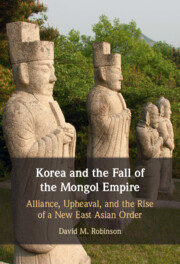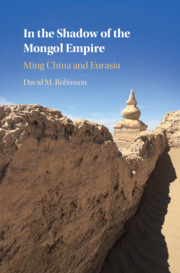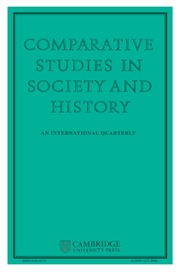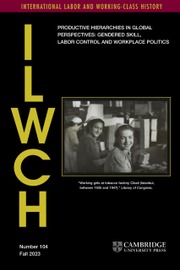Korea and the Fall of the Mongol Empire
Korea and the Fall of the Mongol Empire explores the experiences of the enigmatic and controversial King Gongmin of Goryeo, Wang Gi, as he navigated the upheavals of the mid-fourteenth century, including the collapse of the Mongol Empire and the rise of its successors in West, Central, and East Asia. Drawing on a wealth of Korean and Chinese sources and integrating East Asian and Western scholarship on the topic, David Robinson considers the single greatest geopolitical transformation of the fourteenth century through the experiences of this one East Asian ruler. He focuses on the motives of Wang Gi, rather than the major contemporary powers, to understand the rise and fall of empire, offering a fresh perspective on this period of history. The result is a more nuanced and accessible appreciation of Korean, Mongolian, and Chinese history, which sharpens our understanding of alliances across Eurasia.
- Looks at the fall of the Mongol empire from the perspective of Korea
- Makes this place and time accessible to readers without specialized knowledge of fourteenth-century East Asian history
- An engaging, revisionist new contribution to East Asian/Eurasian history
Reviews & endorsements
'With Korea and the Fall of the Mongol Empire, Robinson achieves something few can do—write an interesting, engaging, and illuminating study of the Koryŏ-Mongol relationship. The writer is one of a few scholars in any language working on broader issues of empire in premodern Northeast Asia through a transnational lens. His work is a major scholarly achievement.' George Kallander, Syracuse University
'The late 14th century in East Asia was a chaotic time. Korea and the Fall of the Mongol Empire brings this period into sharp focus better than any other work in English. By focusing on Korea’s King Kongmin, Robinson adroitly weaves the upheavals of the age that witnessed the rise of the Ming, the collapse of the Yuan, and the changes in Korea. King Kongmin is controversial but through Robinson’s skillful use of Chinese, Yuan, and Korean sources, both primary and secondary, this work emerges foundational in exploring this age.' Edward Shultz, University of Hawaii
Product details
March 2022Hardback
9781009098960
327 pages
235 × 157 × 22 mm
0.604kg
Available
Table of Contents
- Introduction
- 1. Child of Empire:
- 1330–1341
- 2. Decade at the Yuan Court:
- 1341–1351
- 3. The Goryeo Dynasty on the Eve of Wang Gi's Enthronement:
- 1341–1351
- 4. Becoming the Goryeo King:
- 1351–1353
- 5. Ally in Collapse:
- 1354–1355
- 6. Redefining Allegiance: The Summer of 1356
- 7. A Tipping Point:
- 1357–1367
- 8. Choosing a New Lord:
- 1368–1370
- 9. A New Age:
- 1370–1374
- Conclusion.







